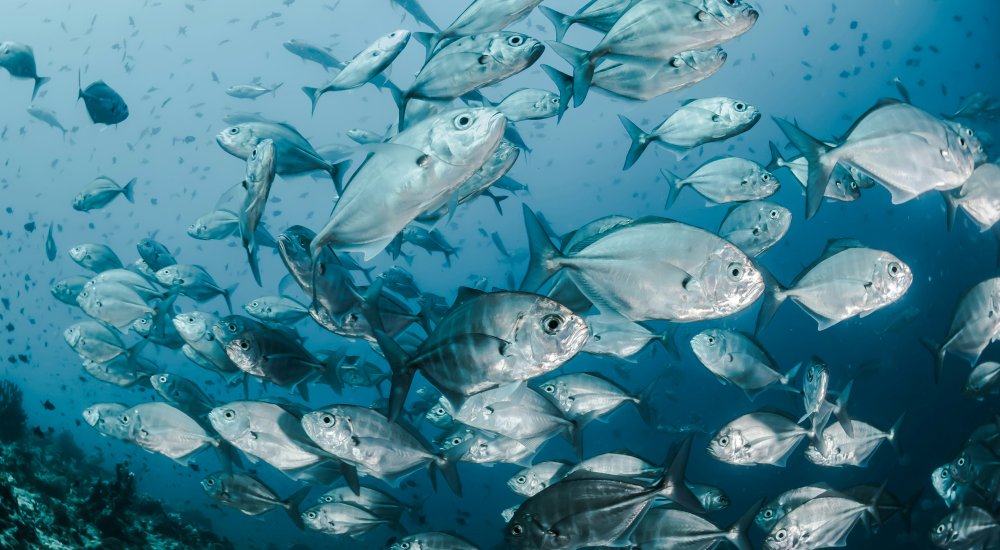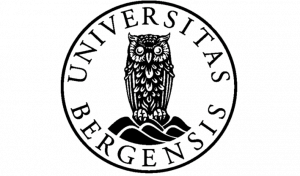Postdoctoral Research Fellow position at the Department of Geography University of Bergen
Reimagining Food Systems for Climate Change Adaptation, Mitigation, and Social Justice

The Department of Geography (https://www.uib.no/en/geografi) at the University of Bergen is recruiting a Postdoctoral research fellow in geography or a relevant social science. The successful candidate will be part of the research project “Reimagining Food Systems for Climate Change Adaptation, Mitigation, and Social Justice.” The position is for a period of 3 years.
About the project/work tasks:
The position is part of large international project consortium led by the University of Manitoba, Canada, funded by the New Frontiers in Research Fund (NFRF), with partners from Norway, Germany, Ghana, and the East Africa regional Lake Victoria Fisheries Organisation (LVFO). The Norwegian component (including the Postdoc position) is funded by the Research Council of Norway (RCN). The project has a timeline of 3 years, starting in September/October 2024.
The core task of the Postdoc position is to lead in developing a detailed quantitative value chain analysis of the trade in small fish from Lake Victoria, East Africa in collaboration with local researchers through the LVFO and building on preliminary results of the recently completed SmallFishFood project (https://smallfishfood.org/). The collaboration will include a dedicated local PhD fellow at the University of Dar es Salaam, who is well acquainted with Lake Victoria. We also expect close collaboration with a German funded Postdoc who will work on similar issues in West Africa (i.e. Mauretania, Senegal, Ghana). In addition, we expect the position to allocate around 10% of the time in assisting the Norwegian project coordinator with project administration.
We anticipate that the value chain analysis will result in a dynamic ECOPATH mass-balance model, or EcoSim (www.ecopath.org). The ECOPATH mass-balance value chain model will be developed according to the methodology developed by Christensen et al. (2011, 2014) for mapping regional small fish flows, post-harvest losses, price changes and climate risks. Mass-balance modelling is an accounting of the volumes of primarily small indigenous fish species that flow into and out of the different nodes in the value chain (fishing, processing, trading, re-processing, wholesale, retail, consumption) as well as the losses that occur in each of these nodes. By associating monetary values, livelihoods, nutrition, and improved processing and storage methodology to these flows, wellbeing, and climate resilience impacts of intervention in the small fish food systems can be assessed.
A key focus will be on diversion of small fish from human consumption to fish meal/oil (FMFO) production, shown to be the largest source of greenhouse gases (GHG) of fisheries origin. The mass-balance modelling will be coupled with scenario analysis based on different institutional and governance changes to allow for analysis of possible climate and social justice outcomes.
Qualifications and personal qualities:
- The applicant must hold a Norwegian PhD or an equivalent international degree within geography or a relevant social science or must have submitted his/her doctoral thesis for assessment prior to the application deadline. It is a condition of employment that the PhD has been awarded.
- A strong background in geography or social sciences is preferable but other disciplines are possible if the candidate can show an adequate and relevant experience.
- A broad interdisciplinary outlook (the core research team includes scholars from geography, biology, anthropology, and political economics).
- Proven skills in quantitative research methods are required, while additional skills in qualitative research methods are an advantage.
- Work independently and in a structured manner, as well as having the ability to cooperate with others.
- Proven organizational skills, capacity to work in different cultural environments and willingness and ability to travel regularly.
- Proficiency in both written and oral English.
- Proven ability to write and publish scientific papers.
- Proven ability to communicate scientific work also beyond academic outlets, and ability to engage with stakeholders in public and private sector.
A motivation letter explaining the relevance of the applicant’s disciplinary background and research experience for the project must accompany the application.
Potential candidates may be invited to the department for an interview.
The successful candidate is expected to live and work in Bergen and participate in common activities at the Department.
Applicants are advised to familiarize themselves with the teaching and research profile at the Department, please see https://www.uib.no/en/geografi.
About the position of postdoctoral research fellow:
The position of postdoctoral research fellow is a fixed-term appointment with the primary objective of qualifying the appointee for work in top academic positions. The fixed-term period for this position is 3 years. Individuals may not be hired for more than one fixed-term period as a postdoctoral research fellow at the same institution.
We can offer:
- A good and professionally challenging working environment.
- Gross annual salary as Postdoctoral research fellow, code 1352, of NOK 615 700,- (pay grade 63 according to the state salary scale). Further increase in salary will depend on seniority. A higher salary may be considered for a particularly well qualified applicant.
- Travel and fieldwork costs covered on top of salary.
- Enrolment in the Norwegian Public Service Pension Fund.
- Good welfare benefits
Your application must include:
- A brief account of the applicant's research interests and motivation for applying for the position.
- The names and contact information for two reference persons. One of these must be the main advisor from the PhD programme.
- CV
- Transcripts and diplomas and official confirmation that the doctoral thesis has been submitted.
- Relevant certificates/references.
- List of any works of a scientific nature (publication list).
- Any publications in your name.
The application and appendices with certified translations into English or a Scandinavian language must be uploaded at Jobbnorge
The closing date is May 31st, 2024. The application has to be marked with: 24/4898.
Applications sent by e-mail will not be evaluated.
General information:
Detailed information about the position can be obtained by contacting: Ragnhild Overå (ragnhild.overa@uib.no) or Jeppe Kolding (jeppe.kolding@uib.no).
Practical questions about the application process should be directed to: HR Adviser Bodil Hægland, (bodil.hagland@uib.no).
The state labour force shall reflect the diversity of Norwegian society to the greatest extent possible. Age and gender balance among employees is therefore a goal. It is also a goal to recruit people with immigrant backgrounds. People with immigrant backgrounds and people with disabilities are encouraged to apply for the position. We encourage women to apply. If multiple applicants have approximately equivalent qualifications, the rules pertaining to moderate gender quotas shall apply.
The University of Bergen applies the principle of public access to information when recruiting staff for academic positions.
Information about applicants may be made public even if the applicant has asked not to be named on the list of persons who have applied. The applicant must be notified if the request to be omitted is not met.
Further information about our employment process can be found here.
